Foreign Minister Wang Yi on Friday urged a ceasefire in the Middle East and called for more efforts to resume dialogue and negotiations to promote security and peace as the region is plagued by mounting crises since the outbreak of the Gaza conflict last October.
Wang elaborated on China's stance at a joint news conference with visiting Egyptian Minister of Foreign Affairs, Immigration and Egyptian Expatriates Affairs Badr Abdel Aaty after co-chairing a strategic dialogue in Beijing.
Israel's conflicts with Palestine, Iran and Lebanon — as well as tensions in the Red Sea and the recent upheavals in Syria — have posed a serious threat to international peace and security.
Where the Middle East is headed is first of all a must-answer question facing countries in the region, and the international community needs to seriously reflect on it and learn lessons, Wang said.
Actions that would create new obstacles to end hostilities, the top priority in the region, must be avoided, Wang said.
He said efforts must be made to alleviate humanitarian crises and improve humanitarian hardships, in particular, to prevent the resurgence of a Syrian refugee crisis.
Humanitarian issues should not be politicized, and civilian lives must not be used as bargaining chips, the foreign minister stressed.
He called on members of the United Nations Security Council to take the responsibility and contribute to safeguarding peace and stability in the Middle East rather than stirring up trouble.
Efforts toward dialogue and consultation should continue to keep the momentum of regional reconciliation led by rapprochement between Saudi Arabia and Iran, he said, calling for building a sustainable new security architecture for the Middle East.
The foreign minister said that a fragmented situation in Syria must be prevented while the Palestinian issue should not be marginalized again.
Wang expressed regret that the Middle East has long been a victim of major power games and geopolitical conflicts, saying that this historical injustice must not continue.
The international community should stick to the facts and international fairness and justice, assisting rather than replacing regional countries in finding solutions to their disputes, he said.
The foreign minister said he expects Middle Eastern countries will put aside past grievances, resolve enmity, enhance solidarity and prioritize the overall peace and development of the region.
China will continue to uphold peace and stability in the Middle East, promote development and prosperity, support unity and independence, and remain a long-term reliable partner of regional countries, he added.
Speaking of the situation in Syria, Wang said that China supports the early realization of peace within the country, the implementation of UNSC Resolution 2254, and seeking a reconstruction plan that conforms to the will of the Syrian people through inclusive dialogue. The future Syria must firmly oppose all forms of terrorism and extremist forces, he said.
The international community should uphold Syria's sovereignty and territorial integrity, respect its national and religious traditions, and ensure that Syrians make decisions independently, Wang said.
Wang also called for efforts to lift the yearslong illegal unilateral sanctions imposed on the country.








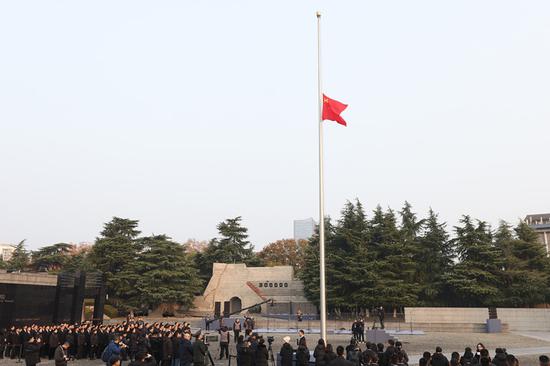
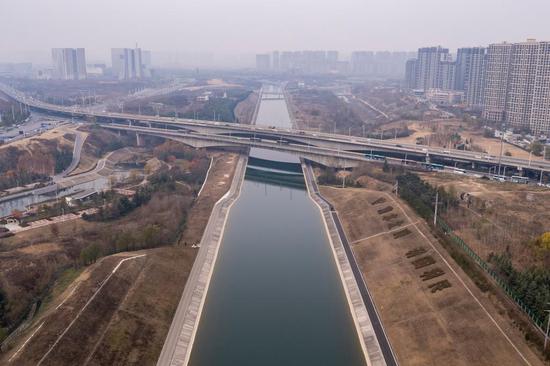

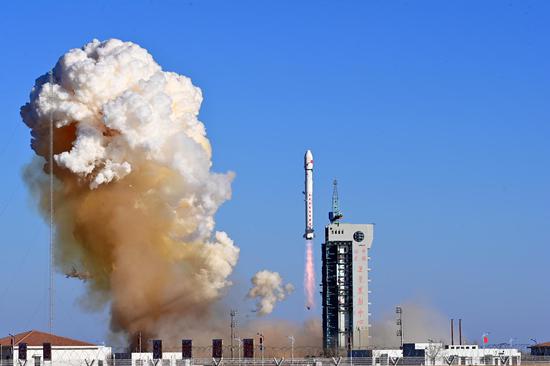










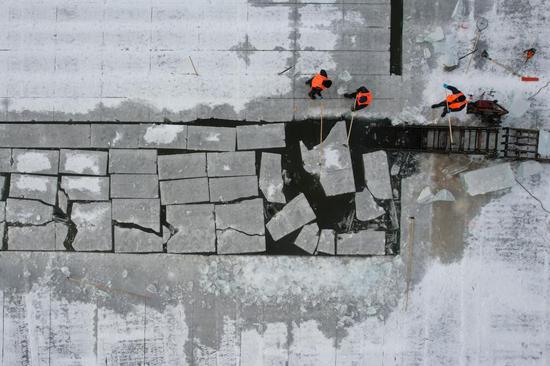






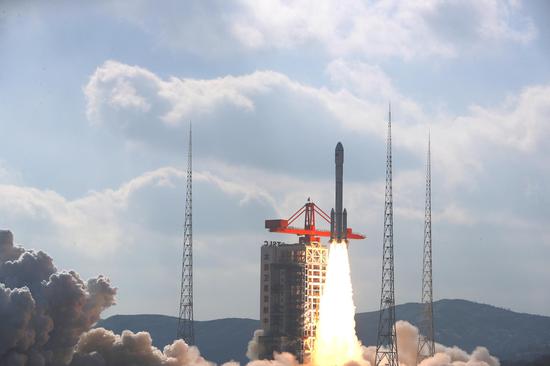



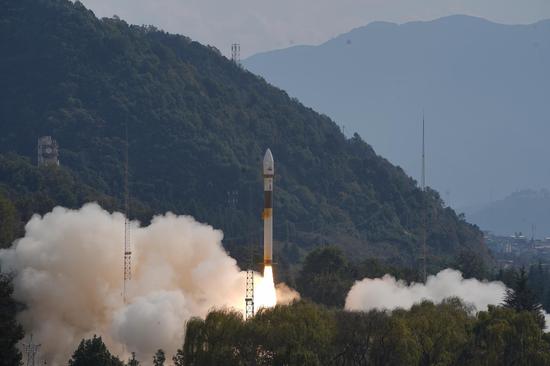
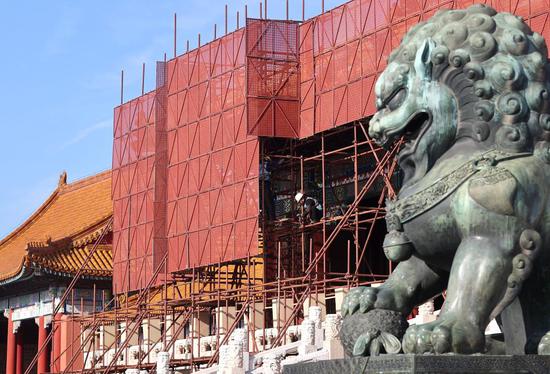


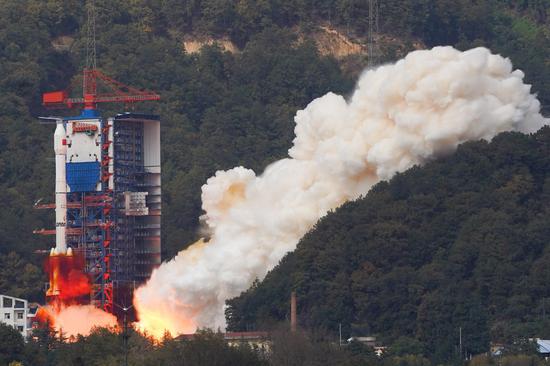
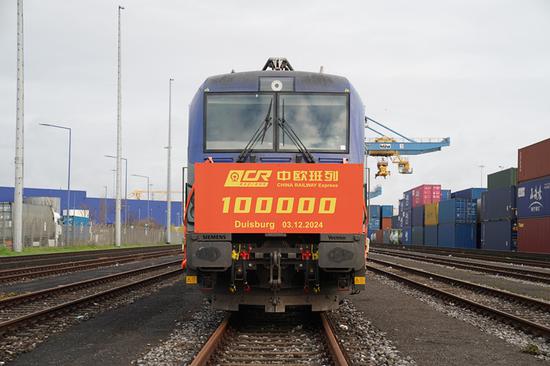
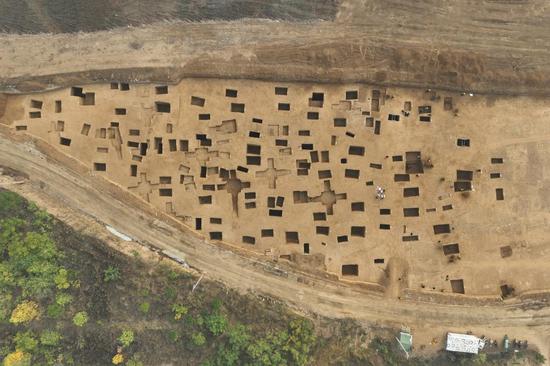
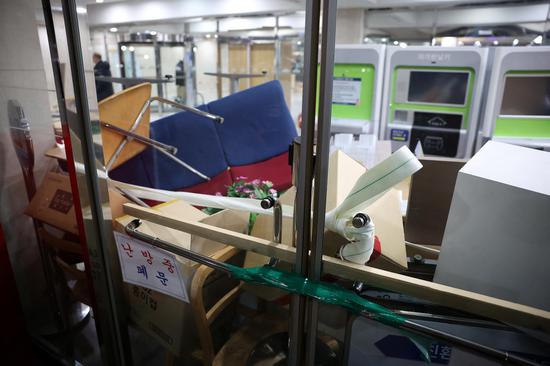





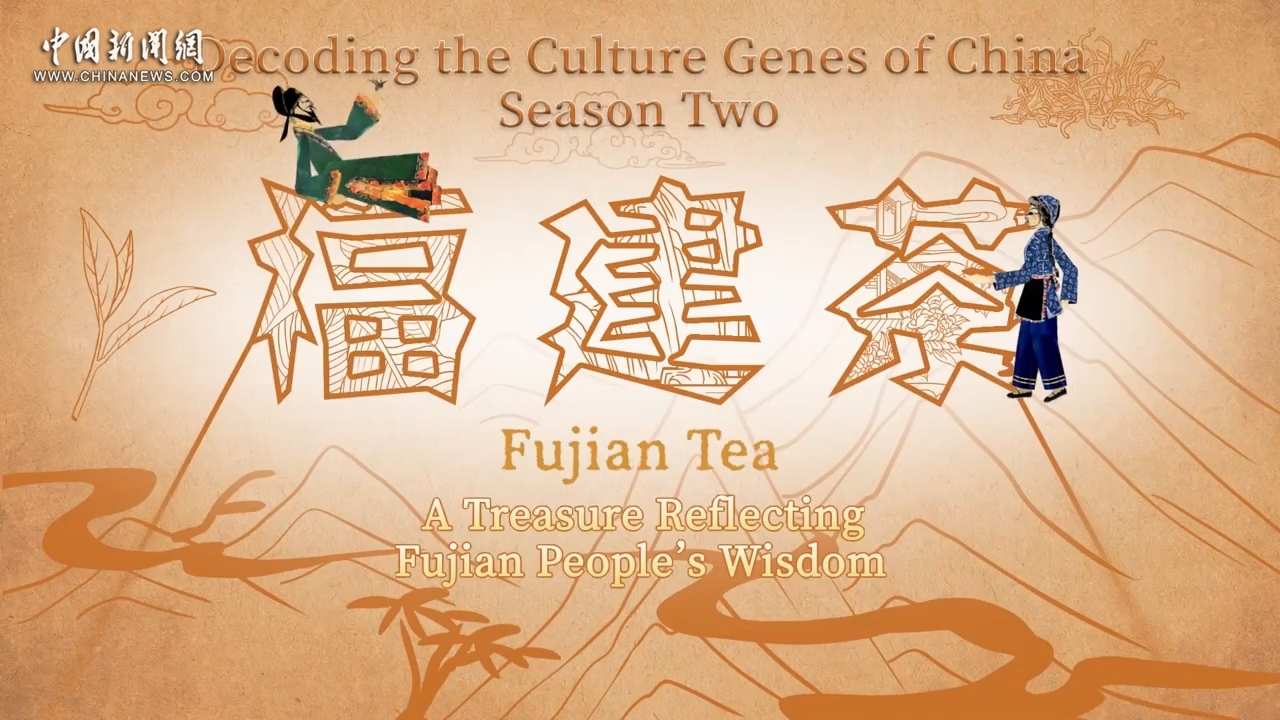

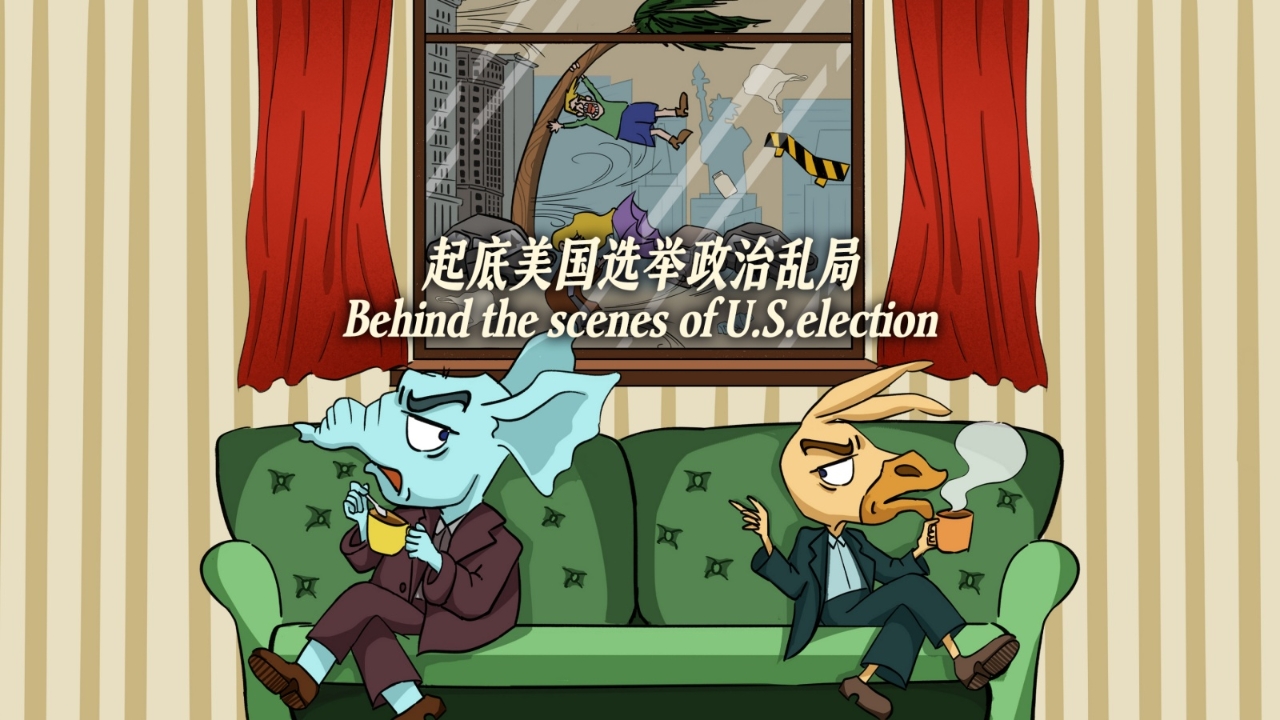

 京公网安备 11010202009201号
京公网安备 11010202009201号